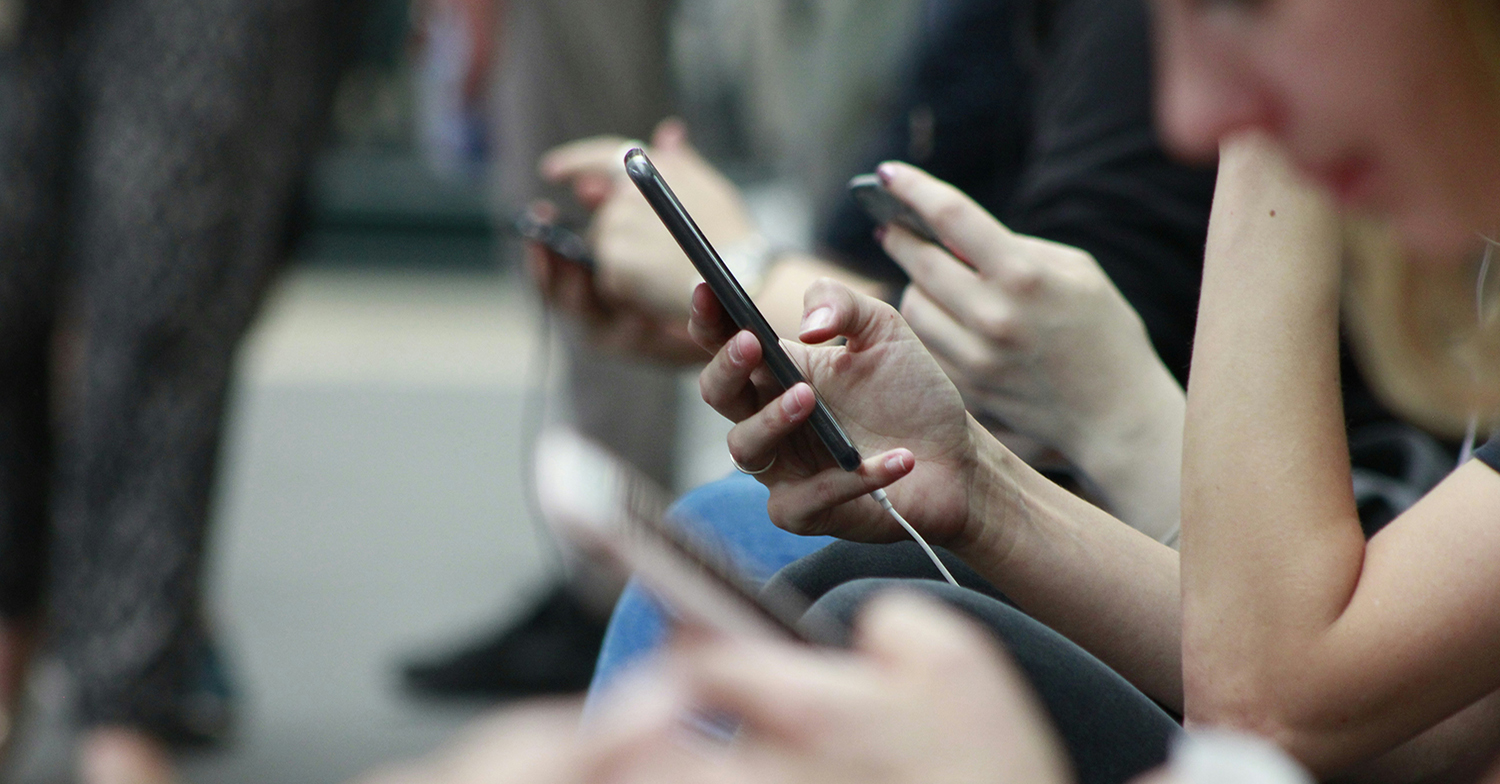
FIELD NOTES
By Rev. Allie McDougall
IF THE SUMMER of 2024 was culturally defined by an irrepressibly catchy wave of pop music muddled with anxiety about the American presidential election, what can we say about Summer 2025?
What was sown in 2024 – the intensification of conflict between the Israeli government and Hamas, the political rhetoric that greased the last election cycle, and the escalating tension between nations – is being reaped in 2025. This summer offered no cultural escapism or outlet for the endless news cycles of fear and suffering, and I am becoming increasingly concerned about what this level of exposure is doing to our hearts and minds.
Since the earliest innovations in mass media, we have been consuming real stories of war, genocide, and wide-scale human suffering. Coverage of the Second World War preceded Hollywood blockbusters. Vietnam was broadcast on family television sets at primetime. And now, we can watch livestreamed footage of immigrants being kidnapped off the streets or of Gazan civilians starving to death, all on our phones. This summer has been filled with voyeuristic images of state-sanctioned violence against innocent people, sandwiched between advertisements and AI-generated nonsense. Inundation with these images produces a range of troubling emotional outcomes: anger, despair, radicalization, disempowerment, and desensitization.
The hyperconnectivity brings the horrors of war and humanitarian crises closer than ever before, quite literally at the tips of fingers and ends of noses. The horror feels inescapable not only because of algorithmically driven patterns that force it to the forefront of our social media feeds, but because of the increasing pressure to not look away. Consuming these images and videos feels like the morally correct choice, when lawmakers and politicians refuse to act justly, to intervene, to put an end to the unfair punishment of civilian bystanders.
We must stay informed about the events that torment God’s creation, but we cannot stay stuck in the feedback loop of horror.
There is a passivity that comes with this method of consuming information, which is perhaps a feature and not a flaw of our current methods of mass communication. A never-ending barrage of the worst of humanity just doesn’t seem to translate to the political will to demand change and accountability for the brokers of power. Instead, we internalize the horrors, finding new ways to cope with the unease and cognitive dissonance we feel so that we may, at least, keep on living. Lest the horrors turn their attention to our population demographic.
As Christians, we turn our feelings of frustration and grief for the state of the world to prayer, asking God’s will to be done and for the Prince of Peace to reign. We pray weekly, in public and private, for all affected by war, genocide, corruption, and political violence. We raise funds and give to worthy causes and reliable aid organizations. In the case of Gaza, we are unsure if this support reaches its intended targets or if it is caught behind a blockade.
One feature of our Christian witness, perhaps the one we feel the most awkward about, is the call to be prophetic voices in the world. The summer lectionary highlighted for us the voices of the prophets, men like Amos, Hosea, and Isaiah, who stood in the face of terrible corruption and suffering to proclaim the truth of God.
Passively consuming the realities of genocide and political corruption erodes our hearts and souls and warps our perception and capacity for empathy. We must stay informed about the events that torment God’s creation, but we cannot stay stuck in the feedback loop of horror. We have been catechized in the faith to know that God abhors violence, persecution, torture, starvation, captivity, and greed. That is the truth of God that rings out over the din of Facebook and TikTok feeds, that is the truth we are empowered by the Holy Spirit to proclaim.
May God give us the prophetic boldness we need to collectivize as the Church and proclaim this truth loudly. May He also grant us the trust needed to accept that His justice will be meted out in time.
Rev. Allie McDougall is the Vicar of St. Paul's and St. Stephen's, Stratford.
(Photo: Robin Worrall/Unsplash)
